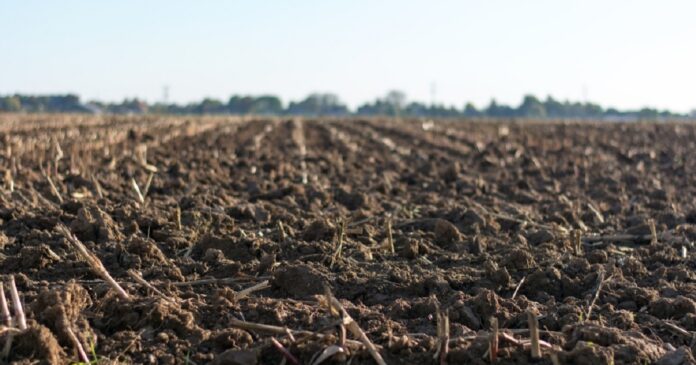Benefits of organic matter are important for high productivity in crops. But many a time we think of organic matter as the plant and animal residues we incorporate into the soil. The piles of leaves, manure or plant parts and other stuff we add to soil are organic materials, not organic matter.
Read also: 6 Basic Soil Problems and Recommended Solutions in Agriculture
What is Organic Matter?
Organic material is anything that was alive and is now in or on the soil. For it to become organic matter, it must decompose into humus. Humus is organic material that microorganisms have converted by to a stable state of decomposition. Organic material is unstable in the soil, changing form and mass readily as it decomposes.
As much as 90 per cent of it disappears quickly because of decomposition.
Organic matter is stable in the soil. It has been decomposed until it cannot further undergo decomposition. Usually, only about 5 per cent of it mineralizes yearly. That rate increases under favourable temperature, oxygen, and moisture conditions for decomposition. This often occurs with excessive tillage.
It is a stable organic matter that is analyzed in the soil test.
What Are the Benefits of Organic Matter?
-
Nutrient Supply
Organic matter is a reservoir of nutrients that can be released to the soil. Each per cent of organic matter in the soil releases 20 to 30 pounds of nitrogen, 4.5 to 6.6 pounds of P2O5, and 2 to 3 pounds of sulphur per year. The nutrient release occurs predominantly in the spring and summer, so summer crops benefit more from organic-matter mineralization than winter crops.
-
Water-Holding Capacity
Organic matter behaves like a sponge, with the ability to absorb and hold up to 90 per cent of its weight in water. A great advantage of the water-holding capacity of organic matter is that the matter will release most of the water that it absorbs to plants. In contrast, clay holds great quantities of water, but much of it is unavailable to plants.
-
Soil Structure Aggregation
Organic matter causes soil to clump and form soil aggregates, which improves soil structure. With better soil structure, permeability (infiltration of water through the soil) improves. This, in turn, improves the soil’s ability to take up and hold water.
-
Erosion Prevention
Data used in the Universal Soil Loss Equation (USLE) indicate that increasing soil organic matter from 1 to 3 per cent can reduce erosion 20 to 33 per cent because of increased water infiltration and stable soil aggregate formation caused by organic matter. This is one of the important benefits of organic matter that is not widely known.
Reference
What Does Organic Matter Do In Soil? – Eddie Funderburg, Ed.D.


